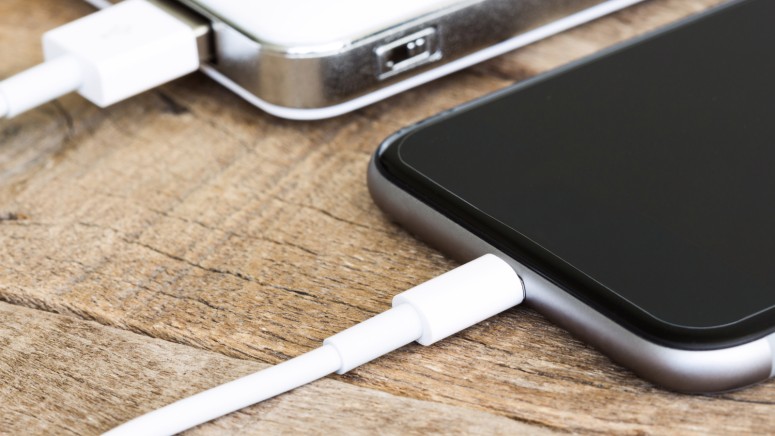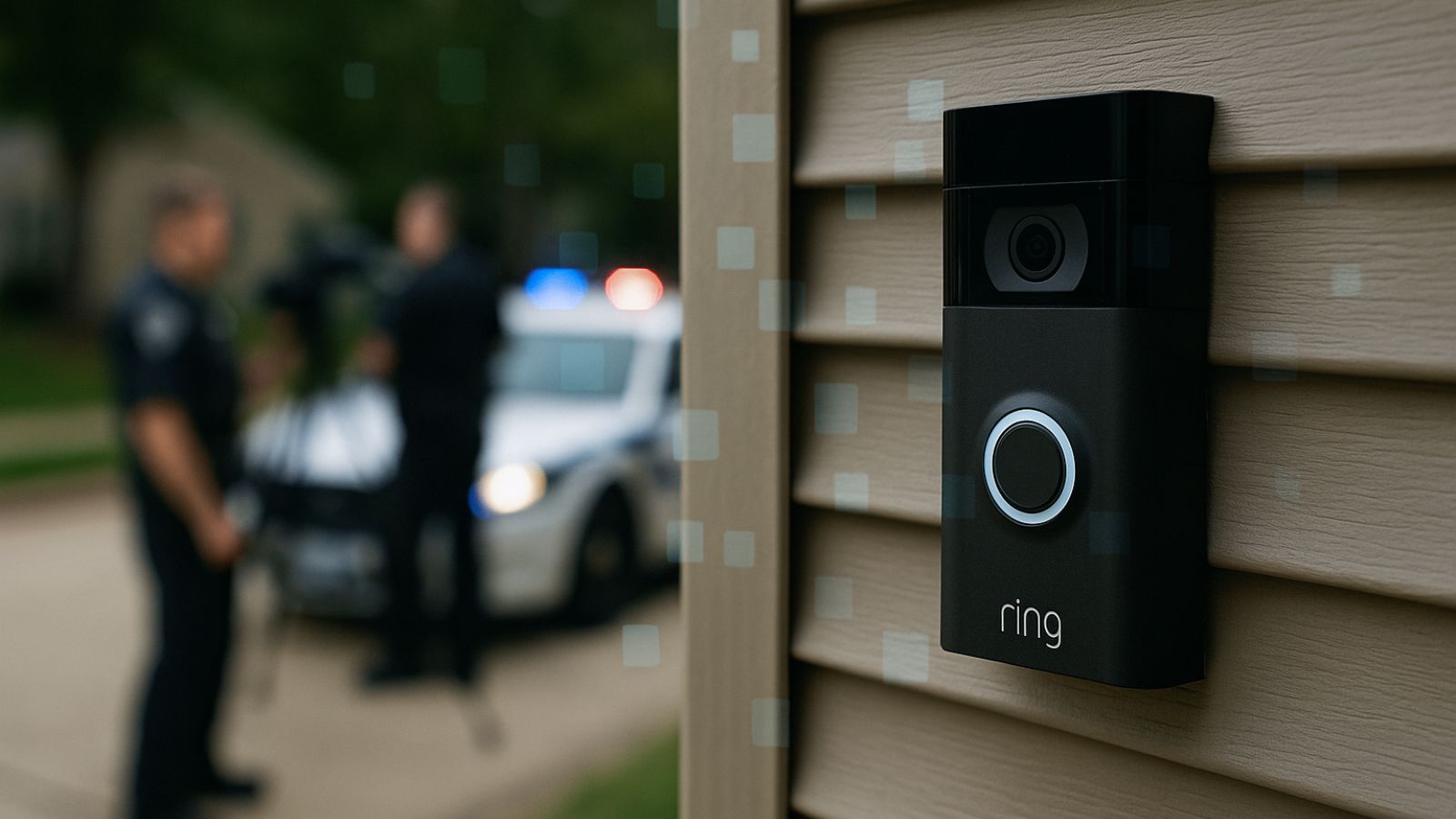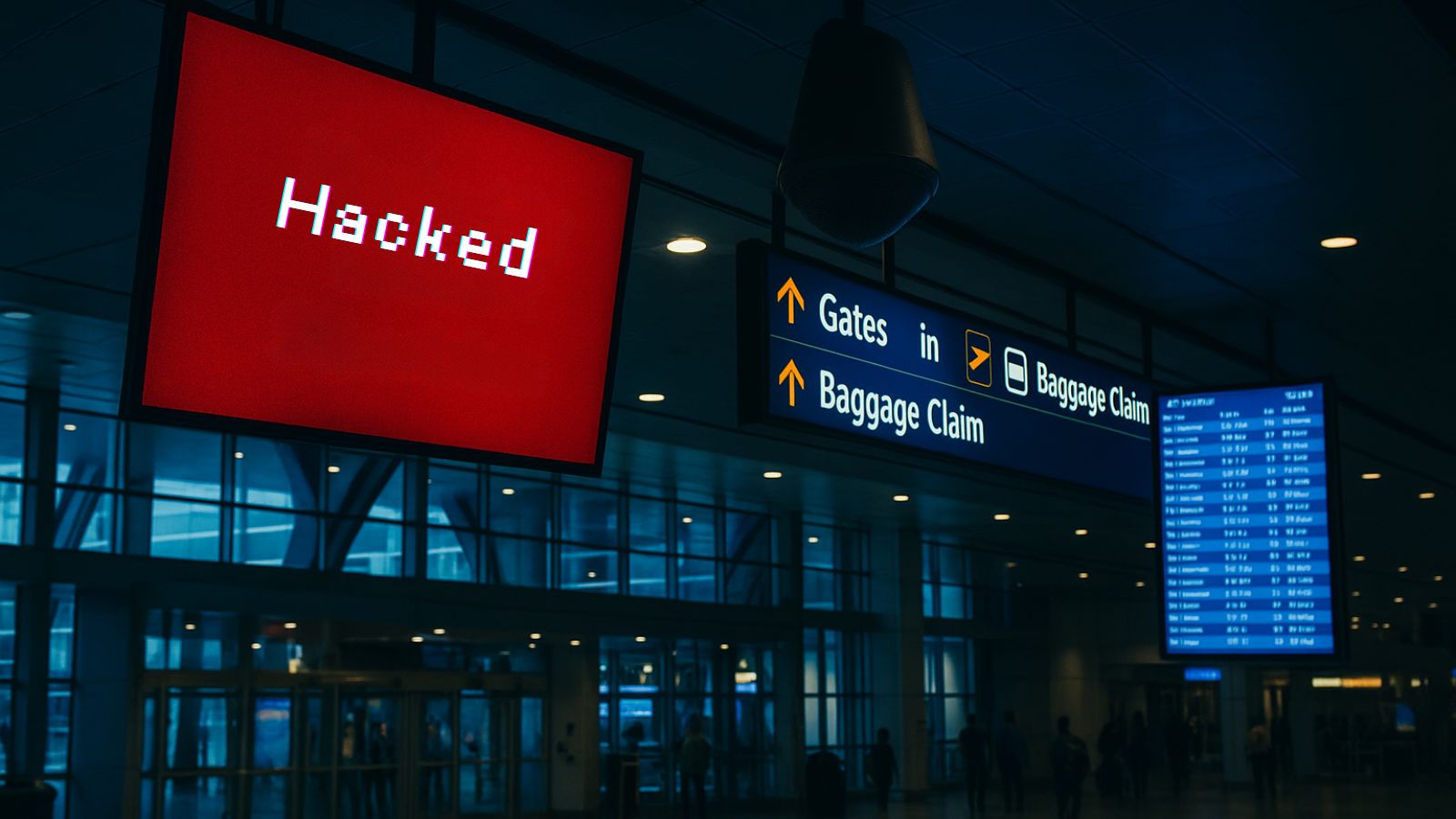
The French Impose a Fine of €25 million to Apple for the 2017 Throttling
- The French consumer protection authorities have fined Apple for deceptive marketing practices.
- The fine is €25 million, which is significantly larger than the one imposed by the Italians for the same reason.
- Owners of older iPhone devices should simply replace their batteries with new ones and bring the performance up to par.
The French Directorate General for Competition, Consumption and the Suppression of Fraud (DGCCRF) has reached to the conclusion that Apple is guilty of deceptive marketing practices, and decided to impose a fine of €25 million to them. The main topic of the investigation was the “planned obsolescence” accusations that sparked after a 2017 revelation about Apple purposefully slowing down older iPhone models via iOS updates. At the same time, Apple promoted these updates with promises about “improvements in performance and numerous bug fixes”.
This is a case from 2.5 years ago and concerned the iPhone 6, SE, and 7, which upgraded from iOS 10.2.1 to iOS 11.2. Apple confirmed that they intentionally slowed down the performance on these devices with the sole purpose of allegedly being to protect the user experience from interruptions caused by the older batteries that powered these phones. They denied the accusations of planned obsolesce and told the public that they only wanted to prolong the life of older iPhones. However, the community erupted in protest, and consumer protection organizations initiated investigations with the purpose to impose fines on the smartphone maker. Simply put, whatever Apple’s real intentions behind this were, they should have clearly warned the user of what the iOS update entailed, and to also provide a way to opt-out of the slowdown if the user wanted to.
Apple had to do something to alleviate the negative publicity and the anger of the impacted owners, so they run a battery replacement program until the end of 2018, which offered new cells at a discounted cost ($29). In October 2018, the Italian anti-trust authorities fined Apple €10 million for engaging in dishonest commercial practices and for accelerating the substitution of older phones. Clearly, the Italians weren’t convinced by Apple’s answer, and the French apparently see eye to eye with their Italian counterparts.
All that said, Apple hasn’t abandoned its method to throttle devices that have older batteries. In September 2019, it was revealed that the company was planning to reintroduce this feature in the upcoming versions of the iOS, but to use a more advanced power and performance management system that will help mitigate noticeable slowdowns. That said, if you own an older iPhone and notice performance deterioration, maybe you should simply replace the battery with a new one and everything should get back to normal.






